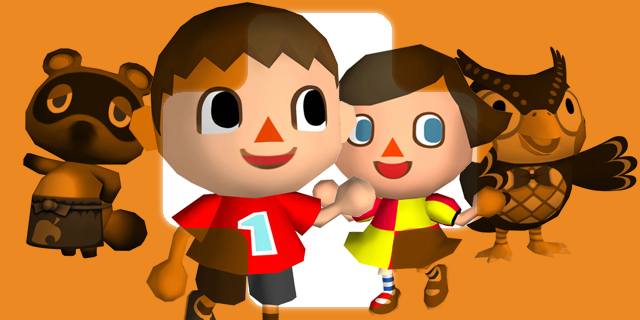
I have a somewhat complex relationship with the Animal Crossing series. The GameCube title, simply known as Animal Crossing, remains one of my favorite games on that particular console. I even went back to it fairly recently and started a brand new town, to see just how far we’ve come with the franchise. It was still just as charming and deviously addictive as I remember it being, and before I knew it I had spent a good two weeks playing a game that, by all accounts, was completely outdated. I have a strong desire to call the experience magical, although doing so would result in me needing to slap myself across the face.
Instead, I’ll just say there’s something about Animal Crossing that inspires the need to keep going, even if I know the conclusion I will inevitably reach seems fruitless. It’s just a daily grind of sorts, something I find myself both loving and hating at the same time. It made me realize it’s one of the most mechanically perfect gaming experiences Nintendo has ever made.
READ MORE
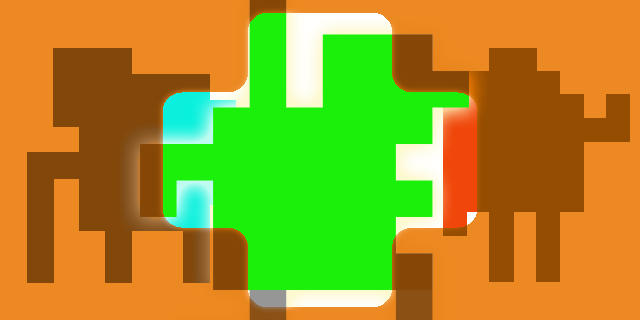
If you’re reading this now, chances are you’ve played at least a handful of co-op games. Whether it’s local or online, co-op in games is one of the best trends in the industry (despite some downsides) and has become my preferred form of multiplayer. The options are almost limitless; no matter what you’re looking for, there is probably the perfect co-op experience for you. I was thinking about what makes for the best co-op, not just for me, but for people everywhere. My conclusion doesn’t stem from the game itself, but from the community that surrounds it. READ MORE
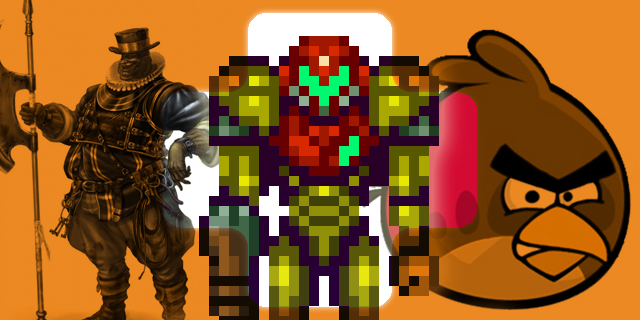
Ever think about the way you play games these days? By that, I mean the way you approach games, how you feel about tutorials, guides or FAQs, and how easy it is to go back to older games. Do you ever wonder if we are being coddled? Are games actually considered “easier,” or is it just another way of saying they are easier for others to jump into? Are in-game tutorials just a way for developers to compensate for the potential new and complex mechanics in games? These mechanics may not be complex for us, as people who grew up with (or at least have a decent amount of experience with) games, but they might be for those with a desire to start playing now. READ MORE
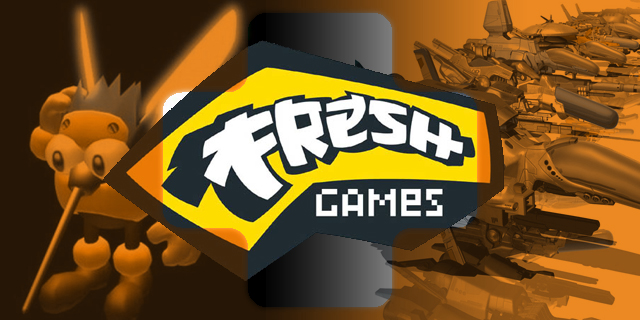
Back before Eidos was purchased by Square Enix, it was doing a lot of interesting things. I say interesting, but I actually mean strange. During the PS2 era, it published a lot of bizarre, poorly-received games such as 25 to Life, Rogue Trooper, Total Overdose and Reservoir Dogs. The company had a few good titles under its belt as well, but this was an era when Eidos wasn’t afraid to make some weird choices, for better or worse. One of those decisions was establishing the Fresh Games label in 2002, a short-lived subsection of games that Eidos localized from Japan. It represented the kind of off-brand strategies you rarely (if ever) see from big publishers these days, and it’s something that I miss.
READ MORE
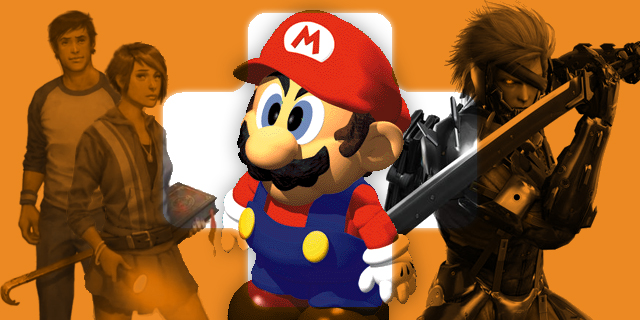
Imagine you’re playing a game in a series you particularly like. In the middle of it, you stop and think, “What if this game was actually something entirely different?” I run into those moments countless times, and yet when I actually stop to consider how that would turn, out I can’t help but become obsessed with this nonexistent game. Developers and publishers love to graft the ideas and design philosophies of certain series onto the core of different genres, either for the potential to expand the series’ audience or perhaps to simply try something different. Some of these ideas seem like obvious choices, but others might leave you scratching your head.
Regardless of the results and the potential backlash from fans, I love to see developers try new things with franchises. What’s the harm in a little experimentation?
READ MORE
























